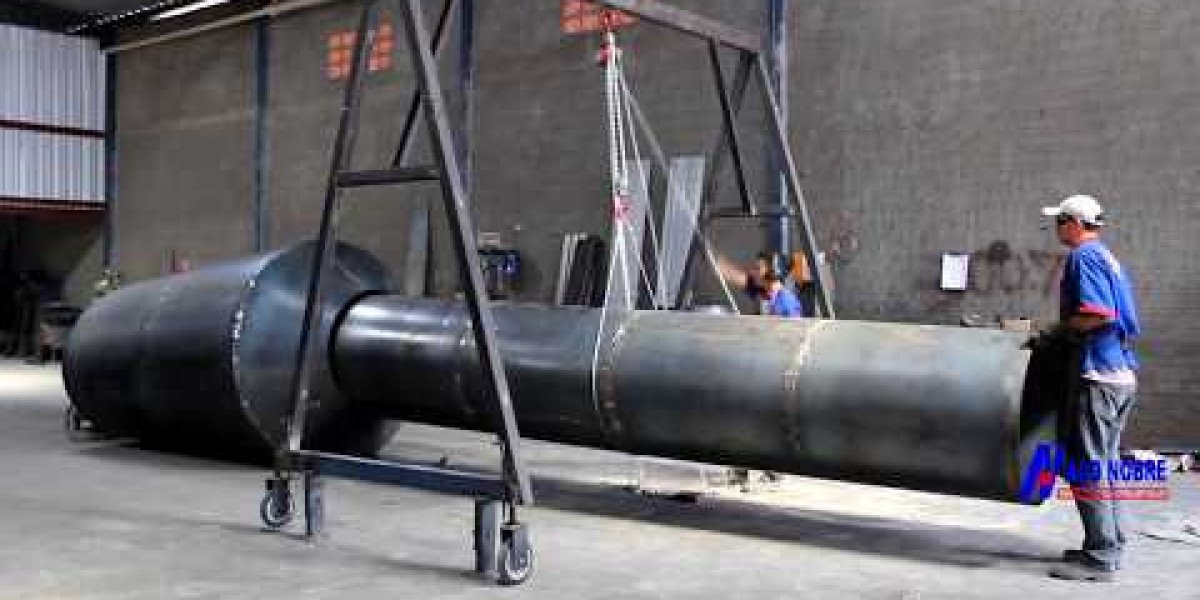Gas safety certificates can help alleviate buyer worries and improve your chances of selling your home. How do you get one of these?
Although some landlords assign this responsibility to their managing agent, it is still the landlord's legal duty to conduct and maintain gas safety inspections.
The Header
A gas safety certificate is a document which confirms that all gas appliances in the property have been checked and are safe to use by an engineer. Landlords need to obtain gas certificates prior to letting their properties. This can help keep them safe from prosecution. It also helps put prospective buyers' minds at rest that the property is secure and is a great selling feature.
Homeowners don't require a certificate of gas safety, however they should make sure that all their appliances are safe. This can protect them from costly repairs or carbon monoxide poisoning, and it will also help them avoid getting fines. If they are thinking of selling their property, a gas safety certificate can also aid them since it will make the process easier and increase the odds of their property being sold quickly.
There are a few things to be aware of when filling out the gas certificate. For one, the certificate must be signed and date by the engineer who conducted the inspection, and include their professional registration number, official stamp or seal. It must also contain details of the property and all gas appliances it contains, including their make and model numbers.
Once you have completed the template for your gas certificate then you can print it and then sign it using airSlate SignNow. This will allow you to be in compliance with eSignature laws and makes your signature secure and legally binding as it is recorded online.
The Details of the Engineer
 Gas safety certificates are essential for landlords since they provide tenants with proof of the appliances that have been examined. They also serve as a record of the date and time at which the inspection was conducted. A sample gas certificate will contain details about the property as well as the appliances and engineer who conducted the inspection. It also contains different codes that indicate the condition of each appliance.
Gas safety certificates are essential for landlords since they provide tenants with proof of the appliances that have been examined. They also serve as a record of the date and time at which the inspection was conducted. A sample gas certificate will contain details about the property as well as the appliances and engineer who conducted the inspection. It also contains different codes that indicate the condition of each appliance.The first box on the template contains information about the engineer that performed the inspection. This includes his name, his ID number, as well as a photocopy his Gas Safe registered Engineer card. Before you employ an engineer to conduct an inspection of gas safety, it is important to verify the accuracy of this information.
The address of the property is included. This is crucial to identify the property in case there are any disagreements. A correct address is required by law.
In the next section of the template, the engineer outlines the results of his inspection. He will evaluate the appliances according to their current condition and be sure to note whether they are suitable to be used. Appliances rated as ID or AR must be replaced as soon as they are found, while those that are rated as NCS may still be used but should be fixed as soon as possible.
The engineer will issue a certificate for the property once he's confident that the gas appliances are safe. This can either be in the form of a paper document or electronically produced. You should check the local regulations for any specific requirements for the structure of a certificate.
The Information about the Property
Landlords are legally required to ensure that all gas appliances, fittings and flues in their rental properties remain in good working order and are safe. To do this they must schedule regular safety and maintenance checks with a licensed gas engineer. If they fail to do so with the rules, they could be punished with a fine or even a prison sentence. As part of their responsibilities, they must also keep detailed records of the checks and maintain a comprehensive Gas Safety Certificate for each of their properties.
The template for the Gas Safety Certificate will have several sections that contain the most important information about every check. The topmost part contains the details of the engineer who performed the work. This permits it to be compared to the ID of the engineer. The next box specifies the exact address of the property where the gas installation was completed. This information should be stated clearly to avoid confusion or confusion or. A table will be provided that contains all the gas appliances that have been examined by the engineer. The table will include the brand and model as well as the location of every appliance and its current condition.
This section should also mention any issues or faults discovered by the engineer and any remedial actions required. This will be followed by the date of the inspection, with a space for both the landlord and engineer to sign and date the document. The certificate will include the date of the next inspection at the bottom of the page. Landlords should keep a record of all gas certificates for each property. These are extremely valuable when it comes time to sell the home.
The Results of the Inspection
During the inspection the gas engineer will test and confirm many different aspects of a property's gas appliances and systems. Gas leaks are tested and safety devices are checked. The certificate will include results of these tests. The certificate may also indicate whether the property passed or failed its CP12 inspection.
If the property is in danger of failing, the document will list the specific failings. This can assist landlords, homeowners, and tenants understand what needs to be fixed so that the property complies with applicable regulations and standards.
The CP12 certificate will include the model and manufacturer of the appliance or installation being tested, as well as its location in the home or office. This will allow you to identify the equipment to aid in identification and record keeping.
The document will also give information about the results of a safety inspection for gas. This could include the appliance's or installation's gastightness, flue flow and combustion performance, as along with any other relevant tests. It should also include the engineer's professional registration number as well as any official stamp or seal.
It's essential that landlords, homeowners and tenants obtain their CP12 certificates regularly. Gas safety checks can keep businesses and homes safe and can detect problems early enough to be fixed before they become dangerous. A CP12 certificate is a quick method of proving that gas appliances and installation are inspected and considered safe. It's a vital step to ensure that a home or business of work is safe for people to stay, visit and work in.
The Recommendations
Gas safety certificates play a crucial role in the administration of an property. They aid in ensuring that all gas appliances in the property are safe to use and do not cause carbon monoxide poisoning or fire. They also help to show tenants that their landlord is in compliance with the law and that they have taken the necessary steps to keep their properties up to standard.
In many cases, it is difficult to gain access to the property of a tenant for a Gas Safety inspection. It could be that the tenant is concerned that it's an invasion of their privacy or they are unwilling to let anyone into their home. It is essential to convince the tenant that the check is required to protect them in this case. This can be done by delivering a clear letter explaining why the checks are required and mkgassafety.co.uk what they are going to involve. If this doesn't work, it could be necessary to take additional steps, such as delivering an Section 21 notice.
The landlords must take care of the gas appliances they own, as well as any pipework connecting them to the property. Therefore the inspector must check that there are no gas leaks and that the flues can discharge gases out of the property. They will also check that the performance of the combustion is satisfactory and that there are no obstructions in any of the ventilation passages.
A CP12 is a form of documentation that is required to be filed by individuals or companies that are involved in the inspection, installation, repair, or maintenance of gas appliances and systems. This includes engineers, plumbers, and other professionals trained to work with these systems. By using gas engineer software, it is possible to create all industry-specific certificates at the touch of a button and to keep them safe online. This eliminates the necessity of restocking pads with paper certificates and guarantees that records are automatically organised and never lost.









